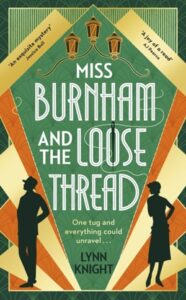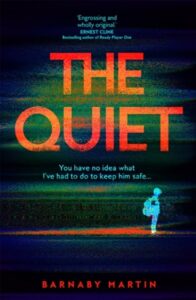We’ll shake our heads in disbelief and carry on our way.

There’s a lot around in the media at the moment about a ‘Very Big Political Thing’, and with it the shouting which seems to be thought of as a satisfactory way of engaging in mature discourse and the exchange of ideas. Sadly, a TV debate can come across more like watching a couple of drunks slugging it out on the pavement at the end of an evening, their punches and points missing wildly – we’ll shake our heads in disbelief and carry on our way. As is oft the case, the result of all this kerfuffle is that levels of engagement in the ‘very big thing’ will drop away, apathy will take root and the weed of ambivalence will flourish.
There’s a lot around in the media at the moment about Franz Kafka and George Orwell, and with it the reminder of what imagined dystopian futures can look like when bad actors do bad things unchecked in the darkened corners of democracy. Writers have always pointed out what politicians don’t see, or choose to ignore – the publishing of intelligent, accessible and considered views of the world are what affords us the checks and balances. Kafka and Orwell are our eyes into imagined worlds which ought to stay on the page.
Written whilst serving as a Police Officer in Burma, long before he discovered his talent for seeing the future, Orwell’s often overlooked poetry hints at a frustration with the institutions who were running the ‘Empire gig’, in this case the church. It would be another twenty-six years until he wrote 1984.
The Lesser Evil by George Orwell (1924)
Empty as death and slow as pain
The days went by on leaden feet;
And parson’s week had come again
As I walked down the little street.
Without, the weary doves were calling,
The sun burned on the banks of mud;
Within, old maids were caterwauling
A dismal tale of thorns and blood.
I thought of all the church bells ringing
In towns that Christian folks were in;
I heard the godly maidens singing;
I turned into the house of sin.
The house of sin was dark and mean,
With dying flowers round the doors;
They spat the betel juice between
The rotten bamboo of the floors.
Why did I come, the woman cried
So seldom to her bed of ease?
When I was not, her spirit died
And would I give her ten rupees.
The weeks went by, and many a day
That black-haired woman did implore
Me as I hurried on my way
To come more often than before.
The days went by like dead leaves falling,
And parson’s week came round again.
Once more devout old maids were bawling
Their ugly rhymes of death and pain.
The woman waited for me there
As down the little street I trod,
And musing on her oily hair,
I turned into the house of God.

The saying “truth is stranger than fiction” is bandied about by readers and writers alike, but when your debut novel is a genre-bending, suspenseful, horrific romance, you might disagree. In Myriam Lacroix’s How It Works Out, a queer couple find themselves chasing the right way to be together. Living in hypothetical situations, their fantasies grow darker and more profane, until their desire for connection highlights the perils of their romance. Our other top pick this week is Naked Portrait by Rose Boyt, which takes the notion of separating the art from the artist and fires it straight through the father-daughter relationship of Boyt and Lucian Freud. One of the most influential figurative painters of the 20th Century, Freud’s genius was praised by his daughter; but since his death in 2011, Boyt has wrestled with the misfortunes of being a muse. The result is a tender yet fraught portrait of the man she adored and her younger self.
In crime fiction, Antoine Laurain’s cosy mystery French Windows depicts a successful photographer, Nathalia, who creates vivid stories about the people living in the apartment building opposite, based on her therapist’s advice. The catch? She’s there because she captured a murder on camera and now, her therapist has some explaining to do. Other fantastic fiction on the shelves this week will keep you entertained through the sunny weeks ahead: The Glutton by A.K. Blakemore is an absurdist tale based on the French figure Tarare, whose insatiable appetite turns him into a spectacle at the dawn of the French Revolution; Scripted by Fearne Cotton features a host of miserable, life-predicting scripts for protagonist Jade – can she edit the future and claim back her agency? And Tom Lake by Ann Patchett is the perfect summer read – while cherry picking, Lara recounts the romance of her youth to her three daughters who are eager to know more about the film star their mother once loved.
In non-fiction, Baek Sehee’s sequel to her beloved Korean therapy memoir follows Sehee on her journey of healing, acting as a comfort for anyone who understands the challenges of depression; Naomi Klein’s Doppelganger is now out in paperback, a swirling vortex of shame, AI, false identity, and politics in the digital age; Paulina Rowinska answers unusual questions about how maps and mathematics influence everything, from travel plans to parcel deliveries; and Richard Mabey marvels at a host of tiny gardeners in The Accidental Garden, an observational take on how nature finds a way to flourish.
For teens, Olivie Blake pens heartwarming rom-coms under the pseudonym Alexene Farol Follmuth – in this grumpy meets sunshine romance, two teens are entwined in a world of gaming, heading for a love-struck collision. And for little ones, Wild Planet is an inspiring picture-book biography of national treasure, Sir David Attenborough.
As always, if there’s something you need help with, or a book you need ordering, please call or email us!
From Sophie
Click on any of the book covers below for more info.
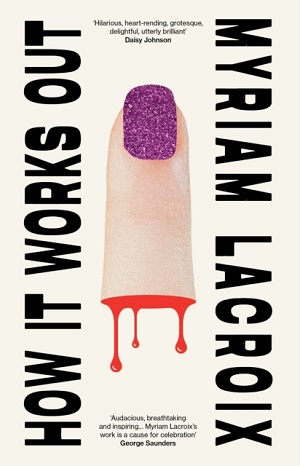
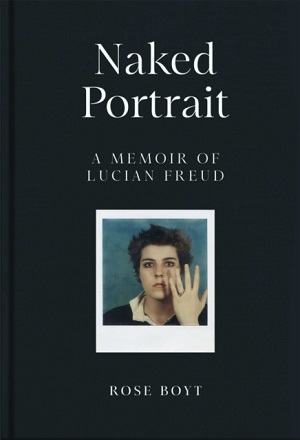
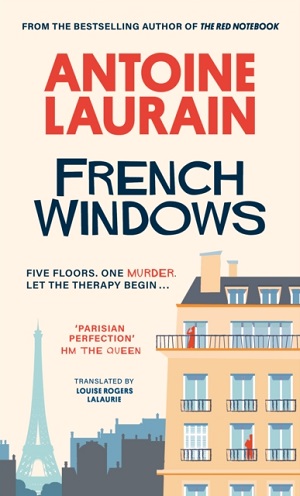
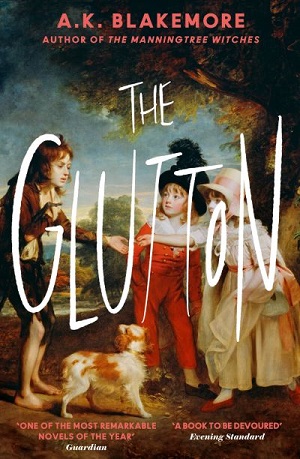
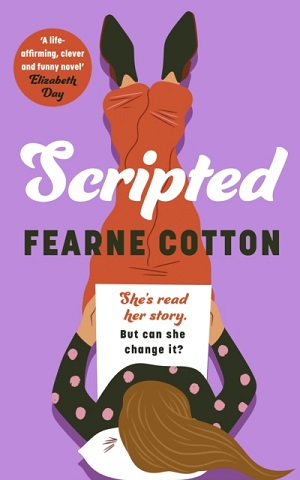
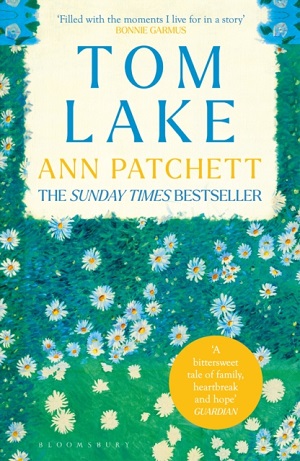
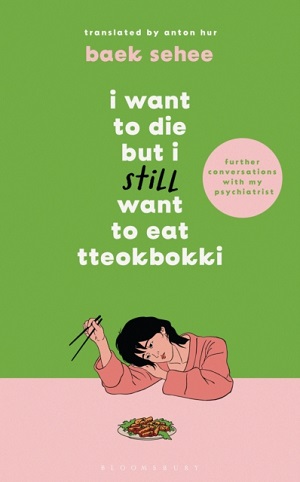
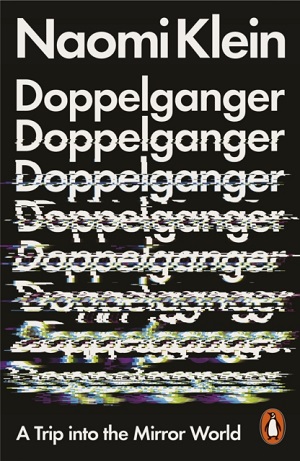
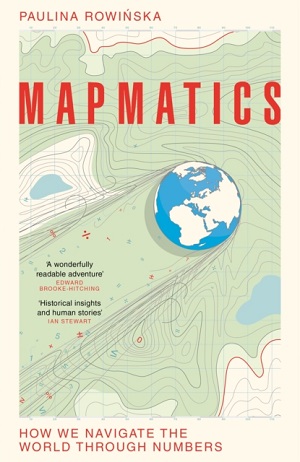
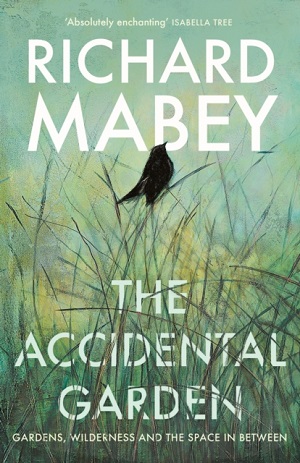
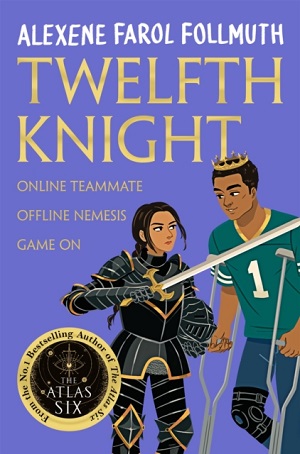
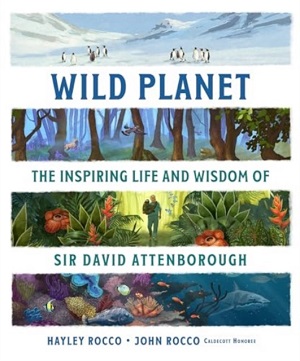

The full newsletter with links to books – including this week’s Signed Editions – can be found HERE

